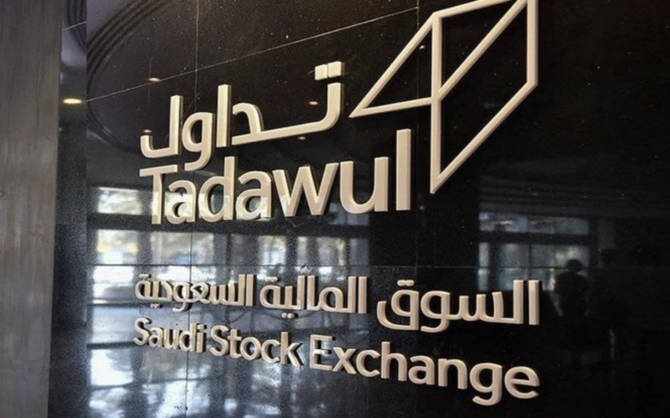RIYADH: Saudi Exchange has approved Merrill Lynch Kingdom of Saudi Arabia to act as market maker for 20 listed securities across the main trading platform and the parallel index.
This decision allows the company to enhance market liquidity and improve price efficiency in accordance with regulations and procedures.
Merrill Lynch Kingdom of Saudi Arabia’s participation in market making is expected to contribute to greater liquidity and a more efficient trading environment, reinforcing the development of the country’s capital market.
This move aligns with the Kingdom’s ongoing efforts to attract global financial institutions and strengthen its capital markets by promoting transparency, efficiency, and investor confidence.
Tadawul’s recent initiatives, such as the introduction of the Fixed Income Market Making Framework, underscore the commitment to bolster market liquidity and efficiency.
These developments are integral to attracting both domestic and international investors, fostering a more dynamic and robust capital market environment in the Kingdom.
Among the securities listed on the main index, Merrill Lynch Kingdom of Saudi Arabia will act as a market maker for Naseej International Trading Co., ensuring a minimum presence of orders at 70 percent, maintaining a size of SR75,000 ($19,995), and adhering to a maximum spread of 0.75 percent, with a minimum value traded of 5 percent.
Similarly, it will provide services for the National Co. for Glass Industries under the same trading obligations as Naseej International Trading Co.
The National Co. for Learning and Education will have a minimum order presence of 70 percent, a minimum size of SR50,000, a maximum spread of 0.75 percent, and a minimum value traded of 5 percent.
Meanwhile, Al Hassan Ghazi Ibrahim Shaker Co. will adhere to the same market-making requirements as Naseej International Trading Co. and the National Co. for Glass Industries.
Sustained Infrastructure Holding Co. and Theeb Rent a Car Co. will also be covered under similar obligations, ensuring a minimum presence of orders at 70 percent, a minimum size of SR75,000, a maximum spread of 0.75 percent, and a minimum value traded of 5 percent.
Saudia Dairy and Foodstuff Co. will have a minimum order presence of 80 percent, a minimum size of SR75,000, a maximum spread of 0.65 percent, and a minimum value traded of 5 percent.
Dallah Healthcare Co. will operate under the same market-making conditions as Naseej International Trading Co., while Gulf Insurance Group will have a minimum order presence of 60 percent, a minimum size of SR50,000, a maximum spread of 1 percent, and a minimum value traded of 5 percent.
Aldawaa Medical Services Co. will be subject to a minimum order presence of 80 percent, a minimum size of SR75,000, a maximum spread of 0.65 percent, and a minimum value traded of 5 percent.
Meanwhile, Tourism Enterprise Co. will ensure a minimum order presence of 50 percent, a minimum size of SR250,000, and a maximum spread of 3 percent, with no specified minimum value traded.
On Nomu, Merrill Lynch Kingdom of Saudi Arabia was approved as a market maker for Atlas Elevators General Trading and Contracting Co., Riyadh Steel Co., Sure Global Tech Co., and Ladun Investment Co.
Additionally, the firm will provide market-making services for MOBI Industry Co., Molan Steel Co., and Fesh Fash Snack Food Production, as well as Yaqeen Capital Co. and Lana Medical Co.
For each of these securities, the firm will ensure a minimum presence of orders at 50 percent, maintain a minimum size of SR50,000, and adhere to a maximum spread of 5 percent, with no minimum value traded requirement.

























